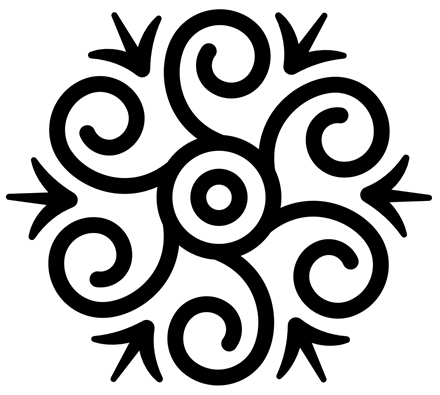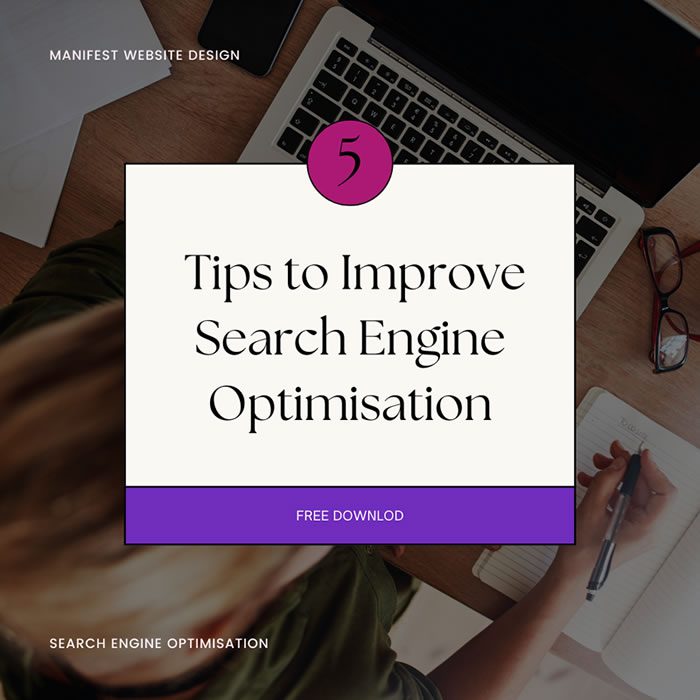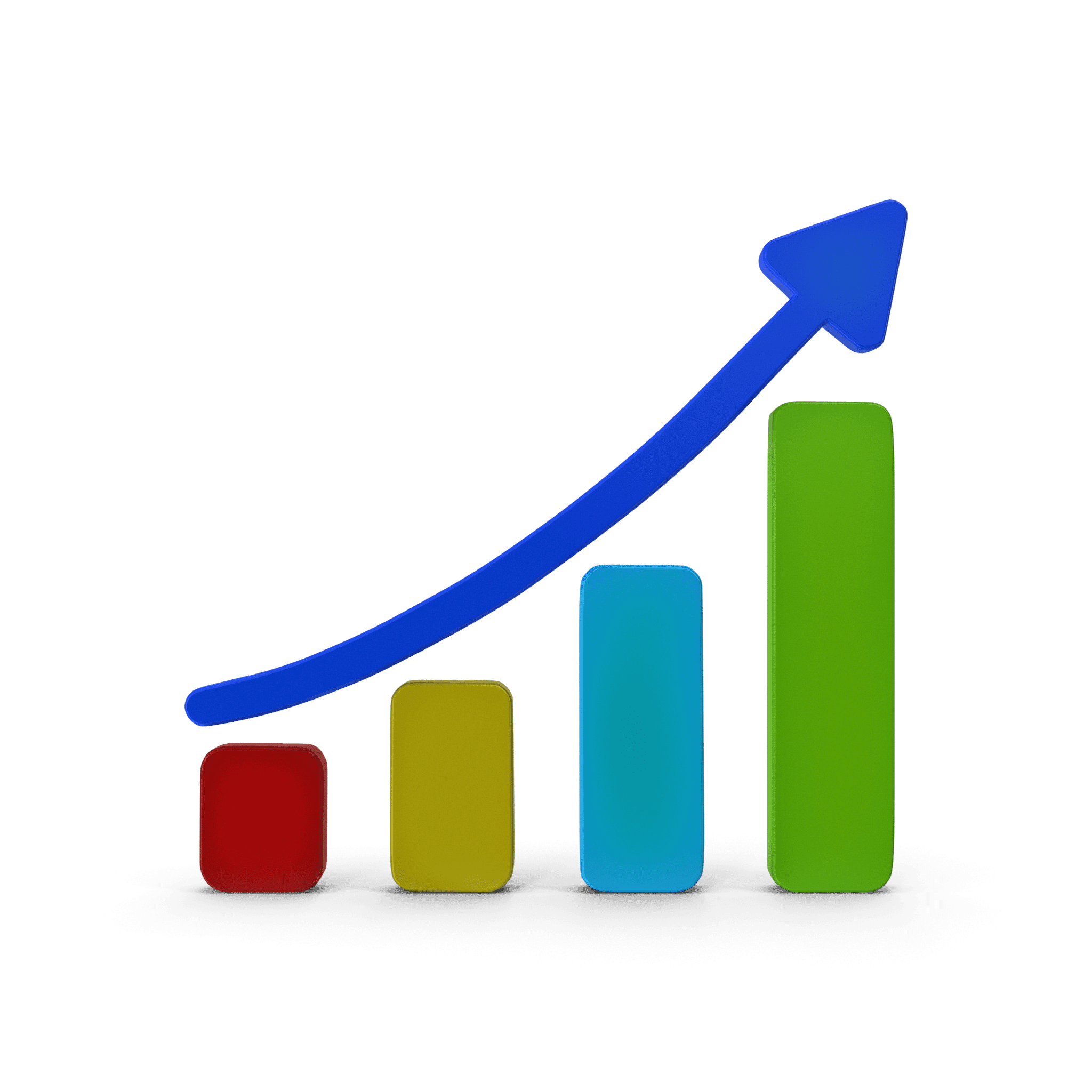What Is CRM? Definition + Business Benefits
Think of every memorable conversation you’ve ever had. What made it so engaging? Likely, it was the feeling of being genuinely understood and valued by the person you were talking to – a sense that they knew what you were trying to say, respected your opinions, and could anticipate your needs. Your business could cultivate that same connection. This is where Customer Relationship Management (CRM) comes in.
So what is CRM in marketing? CRM systems create and nurture meaningful client relationships at scale. By collecting and analysing data from various customer touchpoints, it can personalise your business offerings, communication, and service, ultimately driving customer loyalty and growth. It’s about transforming every transaction into a personal interaction.
What Is CRM in Marketing?
Imagine a salesperson who never forgets a customer, recalls every conversation, and intuitively understands what to offer them next. Such a salesperson is a dream, right? That’s what CRM software is – a dream come true for businesses of all sizes, no matter the industry.
CRM, at its core, is a system for managing a company’s interactions with current and future customers. It’s software that facilitates collecting, organizing, and managing customer information – all in one place. This information can include customer contact details, interaction history, and transaction records.
In the context of marketing, CRM takes on a central role. Marketing is no longer just about broadcasting your product to a faceless crowd; it’s about fostering relationships and nurturing leads. CRM helps marketers better understand their customers’ needs and behaviour, enabling them to devise more effective marketing campaigns.
For example, at Manifest Website Design, we understand that every interaction with our clients is an opportunity for learning. Each email, call, or project discussion – no matter how minor – represents a potential 1% enhancement to our systems. Our CRM, Manifest Solutions, is the tool we use to capture and learn from these interactions.
Every piece of data is logged into our CRM system, which acts as our collective memory. By studying these minute details, we can tailor our services more effectively, creating website designs that not only meet our clients’ current needs but anticipate their future ones as well.
Another example is a hypothetical café called “John’s Coffee Shop” which has expanded to four locations in Australia over five years. The café became famous for its unique customer loyalty program. By using CRM software, John’s Coffee Shop was able to keep track of customers’ coffee preferences, purchase history, and even birthdays.
CRM allowed them to tailor promotions, recommend new coffee flavours based on preferences, and send personalized birthday offers. Consequently, customers felt recognized and valued.
They weren’t just firing off emails into the ether, hoping something sticks. Instead, they were crafting personalized messages for Robert who loves dark roast, Sarah who prefers decaf, and Rachel who visits every Sunday for a latte.
But Manifest Website Design and John’s Coffee Shop are just two examples. Across the globe, businesses of various scales are turning to CRM to transform their marketing efforts.
How CRM Helps You Grow Your Business
1) Know Everything About Your Clientele
Imagine stepping into a room full of people you’ve met, but only once or twice. You’d likely struggle to remember each person’s name, let alone their preferences, and past conversations. Let CRM do the work for you.
Having an in-depth understanding of your clientele is not an abstract concept; it’s a compilation of data points that, when connected, paint a holistic picture of who your customers are.
2) One Central Hub for Contacts, Data, and Marketing Campaigns
Instead of juggling separate tools for contact management, email marketing, social media, and customer service, a CRM system brings them all under one umbrella. You have all your essential data and processes in a central hub.
In this connected ecosystem, an update in one area flows seamlessly across others. A new email lead is instantly visible to your sales team. A customer service request is logged and can be accessed by your marketing team to refine their campaigns. With everything interlinked, you can enjoy more productive workflows and better synergy between departments.
3) Automate Email Sequences
Make sure that the right message reaches the right person at the right time. Say, for instance, when a potential customer signs up for your newsletter, your CRM system can automatically send them a welcome email. If they download an ebook, you can program your CRM to follow up with related content.
This automation is not just about saving time and effort. It’s about nurturing your leads with carefully timed and relevant information, gently nudging them along the customer journey. It’s about being there, in your customer’s inbox, with value-adding content when they are most receptive.
4) Offer Better Customer Service
Make your customers feel understood and valued – because when they feel valued, they’re more likely to return and recommend your business to others. I know you want that for your brand. Admit it.
With a CRM system, every interaction a customer has with your business is logged. When a customer contacts your service team, the representative won’t be coming in blind. They’ll have access to the customer’s purchase history, past queries, and preferences. This allows them to provide personalised and relevant assistance, leading to quicker resolution times and increased customer satisfaction.
Clients Are More Than Just a Sales Opportunity
Given that we use Manifest Solutions as our CRM solution, we believe that every interaction we have with our clients is a vote for the type of business we aspire to be – one that values relationships over transactions, understanding over assumption, and long-term partnership over short-term gain. Clients, for us, are more than just a sales opportunity.
At the heart of our CRM software lies the principle that clients are partners in a journey of business growth, not just figures in a sales column. We don’t just manage data. We manage meaningful client relationships. Learn how you can do the same for your brand today.

ANA AMISTAD
About the Author
Ana is a Content Manager at Manifest Website Design specialising in digital marketing, SEO, and meaningful stories. Her byline is often found 3,000 feet above sea level.
After hours, she enjoys psych thrillers, reading, dying in video games, and having good conversations. You can reach out to her on LinkedIn.




